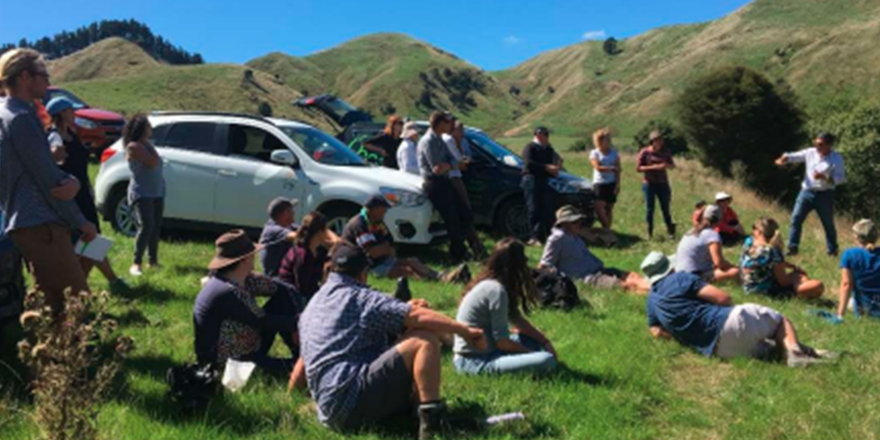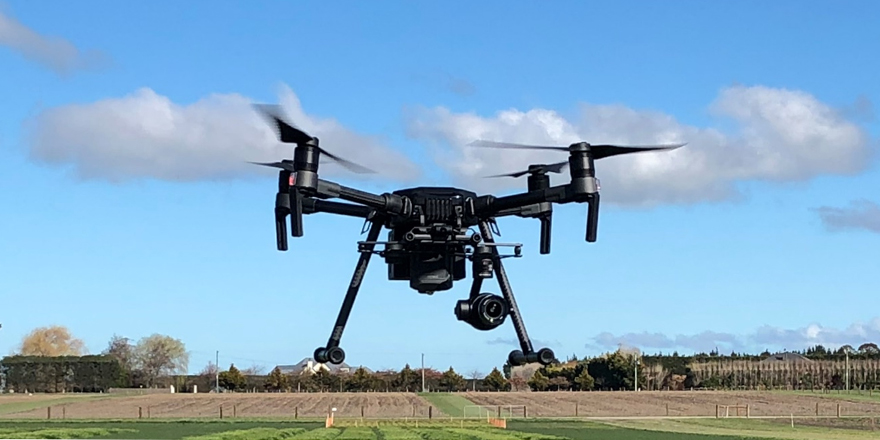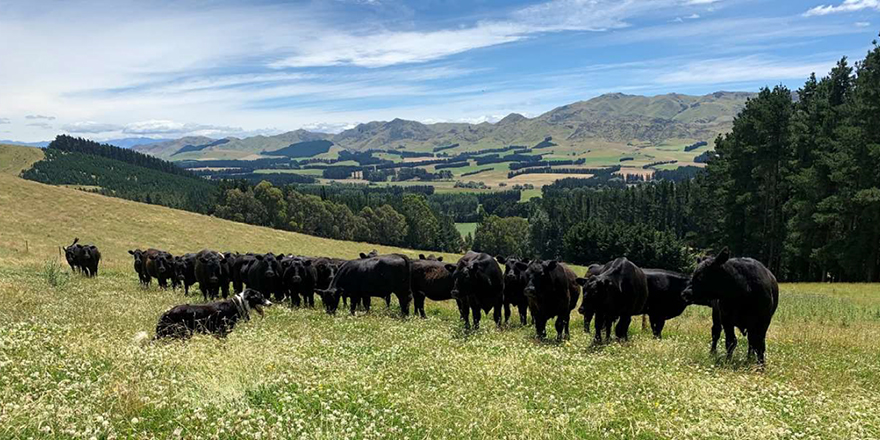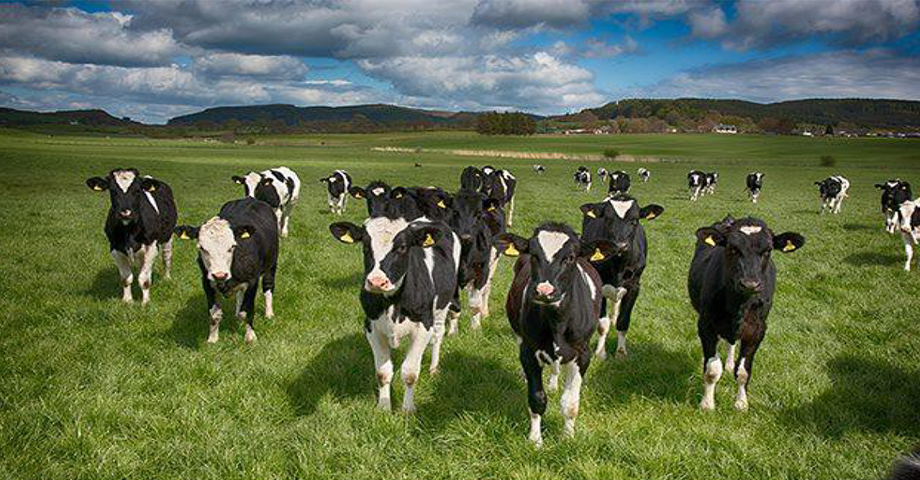
Executive Summary
Farming has always been seen as a career for those who were never any good academically, often ridiculed as ‘dumb ‘many left school as soon as they were able and went farming. Once they became farmers they began to excel, as farming is a practical and hands on career which requires problem solving, a love of the land and little reading and writing. To gain insights on what it is like to be farming with dyslexia I undertook several interviews with farmers throughout New Zealand who were willing to share their story. From these interviews I found that most of them didn’t see their dyslexia as a disadvantage but rather an advantage as it enabled them to think differently. Many had found ways to help overcome their dyslexia. There were key themes which came out of the interviews, the main one being that the agricultural sector needs to acknowledge that dyslexia is an issue within the sector, and secondly that dyslexic people are often more creative, entrepreneurial and can see the bigger picture. Often many have the ability to look at risks and mitigate these. All those I interviewed did not see their dyslexia as a bad thing.
Many of us who work in the agricultural industry will know farmers with dyslexia. Many of whom have tried to hide it rather than embrace it. Often these are intelligent individuals, but they struggle with reading and writing and therefore could be classed as a ‘functional dyslexic’ but some dyslexics are ‘literate dyslexic’s and will persevere with reading and writing. As a sector we need to change the way they can and do receive information and we now have the technology available to do this.
The research provides the following broad conclusions:
- Reduce the stigma of dyslexia in the agricultural industry by having ambassadors for dyslexia and mentors to assist other farmers with dyslexia
- Conduct research to determine the extent of dyslexia within the agricultural sector
- Develop workshops for rural professionals to educate them about the basics of dyslexia, and how they may be able to better assist their dyslexic clients
- Develop extension resources in dyslexic font
- Develop more podcasts and videos on popular extension topics which don’t require dyslexic farmers to have to read to gain the information
- Encourage Regional Council’s to provide assistance with compliance paperwork such as drop in days or help desk staff to help dyslexic farmers to complete paperwork required
I acknowledge that it isn’t going to be easy for the sector to make the changes required, as for too long this has been a topic which has been almost hidden but at the same time it is acknowledged that many farmers are dyslexic. A change in mindset will take some years to create but I believe we can do this by having an ambassador or ambassadors for dyslexia in the same way we have Doug Avery for rural mental health.
We are in both exciting and changing times in the sector. With increasing compliance and environmental changes being introduced and demands on farmers increasing, we will see some dyslexic farmers despairing and wondering how they will cope with the increase in paperwork which they already struggle with.
Dyslexia is the new stigma in the agricultural sector which needs to be broken. I hope this report helps to both challenge and change the mindset that dyslexia is something which should be embraced not ridiculed. I would love to work in this space and help bring about change in the agricultural sector and make it easier for the next generation of dyslexic farmers coming through.
Download and read the full report here




